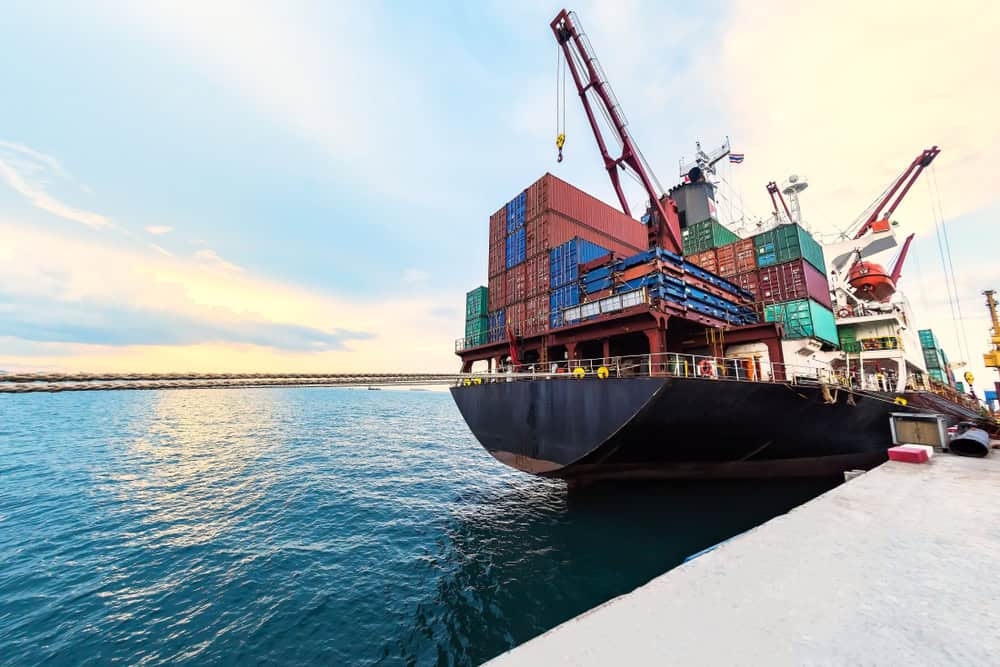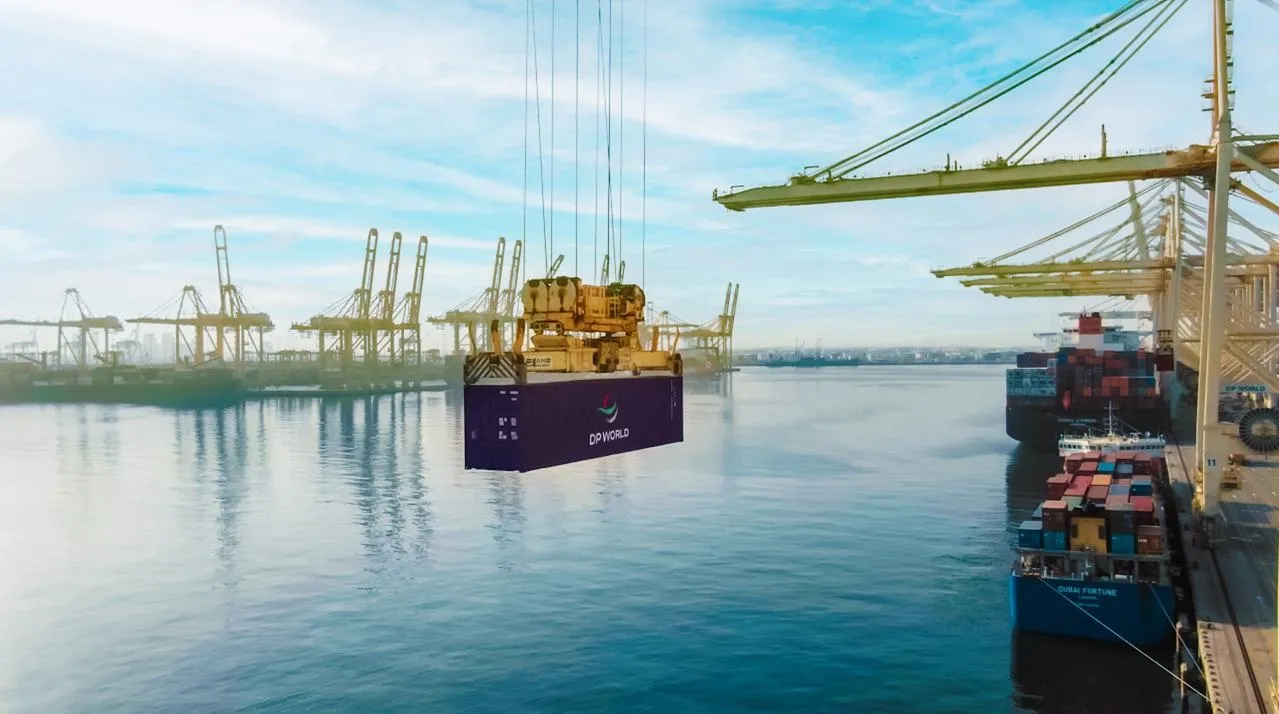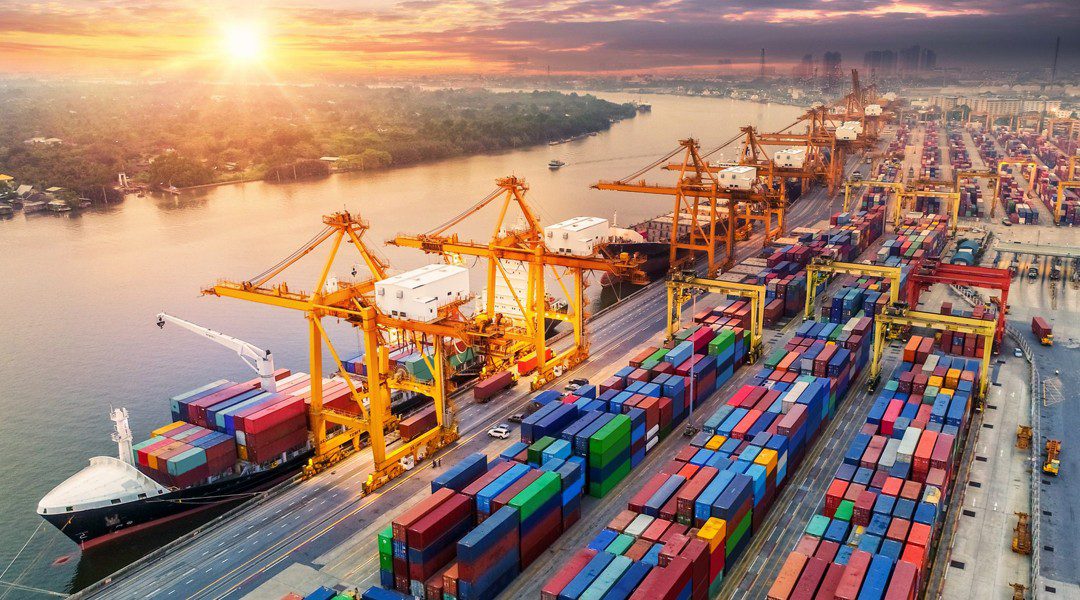Xinhua News Agency, Beijing, October 12th. A spokesperson from the Ministry of Commerce responded to journalists’ questions on the 12th regarding recent relevant Chinese economic and trade policy measures.
A journalist asked: On October 9th, the Ministry of Commerce and the General Administration of Customs issued an announcement implementing export controls on certain related rare earth items. What are China’s considerations for this?
Answer: China has issued export control measures concerning rare earths and related items. This is a legitimate practice by the Chinese government to improve its own export control system in accordance with laws and regulations. Given the current turbulent world situation and frequent military conflicts, China has noted that medium and heavy rare earth-related items have important applications in the military field. As a responsible major country, China’s implementation of export controls on related items in accordance with the law aims to better maintain world peace and regional stability and fulfill international obligations such as non-proliferation.
China’s export controls do not constitute a ban on exports; applications that comply with regulations will be approved. Prior to the announcement of the measures, China had notified all relevant countries and regions through bilateral export control dialogue mechanisms. China is willing to strengthen dialogue and exchanges on export controls with all countries to better safeguard the security and stability of global industrial and supply chains.
A journalist asked: We have noticed that the Ministry of Commerce recently issued an announcement strengthening export controls on rare earths and related items. How will these be implemented subsequently?
Answer: As a responsible major country, China always firmly safeguards its own national security and international common security, consistently adheres to a just and reasonable principle and stance, and implements export control measures prudently and moderately. China had previously assessed the potential impact of the measures on production and supply chains and is confident that the relevant impact is very limited. Before the measures were introduced, China had notified all relevant countries and regions through bilateral export control dialogue mechanisms.
Subsequently, the Chinese government will conduct license reviews in accordance with laws and regulations and approve applications that meet the requirements. At the same time, it will actively consider applying various facilitation measures such as general licenses and license exemptions to effectively promote compliant trade. I want to emphasize that China’s export controls are not a ban on exports. Any compliant export application for civilian use can be approved, and relevant enterprises need not worry. The Chinese government will, as always, work with all countries to firmly uphold world peace and regional stability and jointly ensure the stability of global industrial and supply chains.
A journalist asked: On US Eastern Time, October 10th, the US side announced that, in response to the export controls on rare earths and related items implemented by China, it would impose an additional 100% tariff on China and implement export controls on all key software. What is the Ministry of Commerce’s comment on this?
Answer: China has noted the relevant situation. On October 9th, China issued export control measures concerning rare earths and related items. This is a normal action by the Chinese government to improve its own export control system in accordance with laws and regulations. As a responsible major country, China always firmly safeguards its own national security and international common security, consistently adheres to a just, reasonable, and non-discriminatory principle and stance, and implements export control measures prudently and moderately. The US statement is a typical example of “double standards.” For a long time, the US has broadened the concept of national security, abused export controls, adopted discriminatory practices against China, and implemented unilateral long-arm jurisdiction measures on numerous products such as semiconductor equipment and chips. The US control list contains over 3,000 items, while China’s export control list contains only over 900 items. The US has a long history of using the de minimis rule in export controls, as low as 0%. The relevant US measures severely harm the legitimate rights and interests of enterprises, seriously impact the international economic and trade order, and severely undermine the security and stability of global production and supply chains.
Especially since the China-US Madrid economic and trade talks in September, in just over 20 days, the US has continuously introduced a series of new restrictions against China, adding multiple Chinese entities to the Entity List and the Specially Designated Nationals List; arbitrarily expanding the scope of controlled enterprises through “see-through” rules, affecting thousands of Chinese companies; and disregarding China’s concerns and goodwill, insisting on implementing the Section 301 measures on China’s maritime, logistics, and shipbuilding industries. The US actions severely harm China’s interests and seriously undermine the atmosphere of bilateral economic and trade talks. China firmly opposes this.
Threatening with high tariffs at every turn is not the right way to engage with China. Regarding a tariff war, China’s position is consistent: we do not want to fight one, but we are not afraid to fight one. China urges the US to correct its wrong practices as soon as possible, guided by the important consensus of the phone call between the two heads of state, preserve the hard-won results of the consultations, continue to utilize the China-US economic and trade consultation mechanisms, and resolve respective concerns through dialogue on the basis of mutual respect and equal consultation, properly managing differences and maintaining the stable, healthy, and sustainable development of China-US economic and trade relations. If the US persists in its course, China will resolutely take corresponding measures to safeguard its legitimate rights and interests.
A journalist asked: The US side will impose port fees on relevant Chinese vessels on October 14th. We have noticed that China has announced corresponding countermeasures. What is China’s comment on this?
Answer: On April 17th, the US Trade Representative announced the final measures of the Section 301 investigation into China’s maritime, logistics, and shipbuilding sectors, stating that port fees would be imposed on relevant Chinese vessels starting October 14th. The US action seriously violates WTO rules, contravenes the principle of equality and mutual benefit in the “Sino-US Maritime Agreement,” and is a typical act of unilateralism. China has repeatedly expressed strong dissatisfaction and firm opposition.
Since the China-US London economic and trade talks, China has been communicating and consulting with the US on the aforementioned measures, provided a written response to the unfounded accusations against China in the Section 301 investigation report, and proposed suggestions for cooperation in relevant industries. However, the US side adopted a negative attitude, insisted on implementing these measures, and issued an announcement on October 3rd specifying the requirements for imposing fees on Chinese vessels. To safeguard its legitimate rights and interests, China had no choice but to take countermeasures. In accordance with the “International Maritime Transportation Regulations of the People’s Republic of China” and other laws and regulations, China has decided to levy special port fees on US-related vessels. China’s countermeasures are necessary defensive actions aimed at protecting the legitimate rights and interests of Chinese industries and enterprises, as well as maintaining a fair competition environment in the international shipping and shipbuilding markets. We hope the US will face up to its mistakes, move towards China, and return to the right track of dialogue and consultation.




